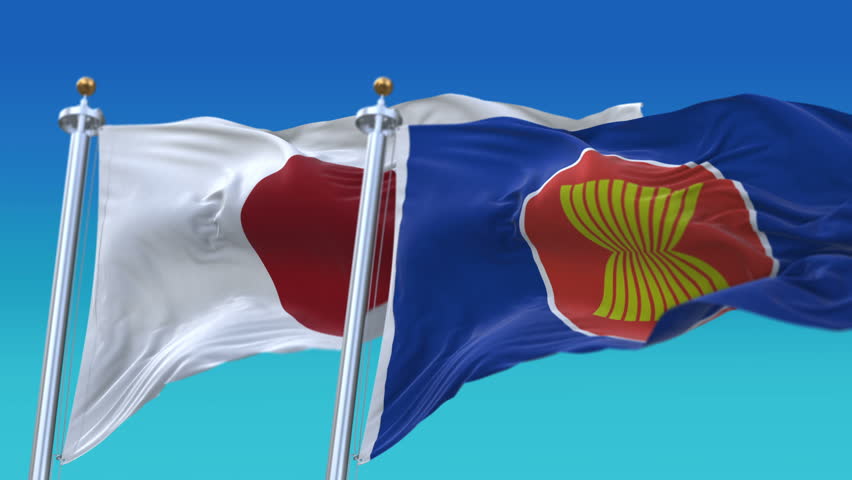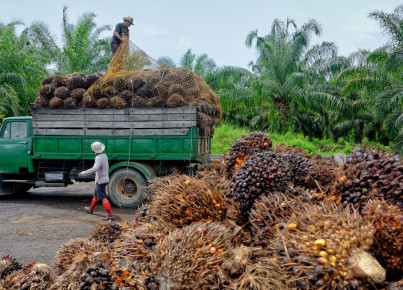The pandemic has ignited a new awareness of the importance of personal and environmental hygiene. A number of Japanese companies, relying on an ever-widening pool of middle-income consumers, are expanding their operations in the ASEAN region
While the pandemic curbed the growth of countless sectors, the emergency situation gave impetus to the sudden expansion of some specific market segments, among which personal hygiene and home-care products stand out. This is the case of a number of Japanese companies that have relaunched their activities after an initial halt, leveraging the new awareness brought about by the pandemic among the growing middle class. Takafumi Ohno, who heads Lion's international business headquarters, has pointed out that the company wants to focus on the great potential of the beauty market in South-East Asia.
In September, the company, already established in the household products sector, launched Azzura, its first cosmetics brand. The brand made its debut in Indonesia, but the intention is to reach other countries, such as Malaysia, in the coming years. Offering mid-range pricing and targeting a growing number of young working women, Lion is confident of conquering also this new market segment, where demand is growing rapidly in the face of little competition from local and foreign brands. At the end of last year, again thanks to Lion, SunoHada, a Japanese skincare brand, arrived in Singapore, while Rawquest skincare, produced by its South Korean subsidiary, arrived in Thailand.
For Earth Corporation, a leading household insecticide company, there are also good opportunities to accelerate business expansion in South-East Asia. Taking advantage of the increased focus on the risk of transmission of infectious diseases through insects due to the recent pandemic experience, the time seems right to enrich its product offering and finalise expansion operations in countries such as Malaysia, Cambodia and the Philippines. The goal is to increase revenues from the sale of repellents in the region by 15 per cent by the end of 2023, from the current figure of ¥16 billion ($130 million), as stated by Earth's president, Katsunori Kawabata.
Recent expansion projects of Japanese companies in the region hint not only at a broadening of the consumer base, but also at participation in virtuous initiatives that benefit local communities. One of the most significant projects sees chemical and cosmetics company Kao launching a collaboration with Wota, a start-up affiliated with the University of Tokyo that aims to provide solutions to combat the global water crisis. The two partners announced that "Kao and WOTA will join forces in a business partnership aimed at solving global issues related to water and sanitation" through a series of initiatives, including the installation of handwashing facilities in places without access to running water. "We will expand our business so people in such places can use water and soap for better hygiene”, said Atsushi Koizumi, Executive Officer and head of the company's global business promotion center.
Currently, the two companies are engaged in a pilot test in Indonesia involving the installation of WOSH stands, equipped with their own water tanks and a technology able to filter, disinfect and make the water previously used for washing hands potable again. The hope is that the effort in the direction of solving a widespread social problem in some parts of South-East Asia - such as the lack of water supply systems - will also have a positive impact on the demand for soaps and detergents and reward sales.
The pandemic has profoundly changed the sensibilities and needs of Asian consumers, simultaneously rekindling the ambitions of those operators wishing to offer high value-added products to meet the increasingly demanding requirements of the growing middle class. Although China has recently surpassed Japan as a "top partner" in the opinion of people in the Southeast Asian region, in an attempt to expand their business and mitigate the consequences of the demographic decline in the domestic market, more and more Japanese companies are choosing to bet on the emerging ASEAN economies.






